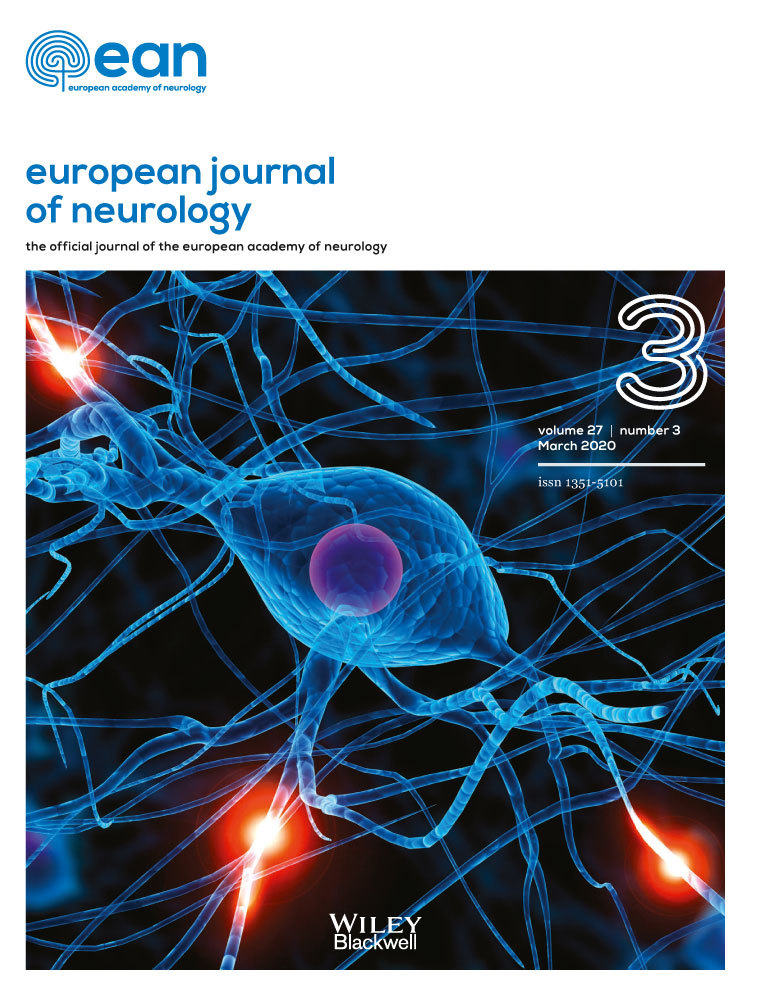Motoric cognitive risk syndrome and incident dementia: results from a population-based prospective and observational cohort study
Abstract
Background and purpose
Motoric cognitive risk syndrome (MCR), which is the juncture of subjective cognitive complaint and slow gait speed, is a pre-dementia stage. The aims of the study are (i) to compare characteristics between individuals who have MCR defined using slow walking speed and/or increased five-times-sit-to-stand (FTSS) time as its motor component(s); and (ii) to characterize the association of MCR and its various motor components with incident dementia including Alzheimer disease and non-Alzheimer dementia in the participants of the Epidémiologie de l’Ostéoporose (EPIDOS) study.
Methods
This prospective and observational cohort study selected 651 participants recruited from the EPIDOS study in Toulouse (France). MCR was defined as the association of subjective cognitive complaint and slow gait speed and/or increased FTSS time in participants without either dementia and mobility disabilities at baseline. Individuals with dementia were prospectively diagnosed during the physical and neuropsychological assessments included in the 7-year follow-up.
Results
The prevalence of MCR was around 7% when using an exclusive motor criterion, either slow gait speed or increased FTSS time, and was 20.9% when MCR subgroups were pooled. MCR was positively associated with incident dementia regardless of its type, and with Alzheimer disease in the slow gait speed MCR subgroup [odds ratio (OR) > 2.18 with P ≤ 0.037] but not with non-Alzheimer dementia. No significant association between incident dementia and MCR defined using increased FTSS time was shown.
Conclusions
Our findings confirm that MCR is associated with incident dementia and that slow gait speed is the appropriate motor criterion for detecting dementia risk.
Disclosure of conflicts of interest
The authors have no conflict of interest. The French Ministry of Health financially supported the study. The sponsor had no role in designing and conducting the study, nor in the collection, management, analysis and interpretation of the data, nor in the preparation, review or approval of the paper.




